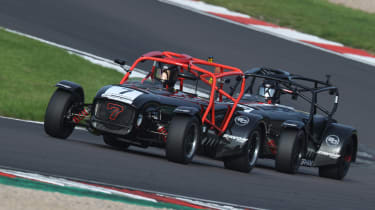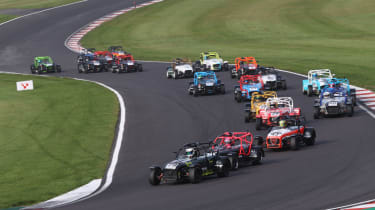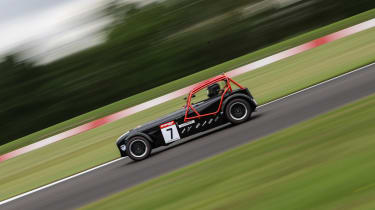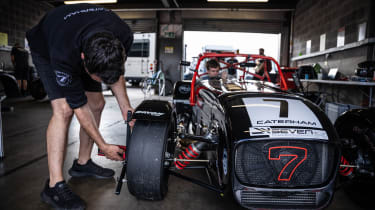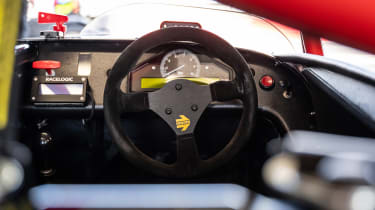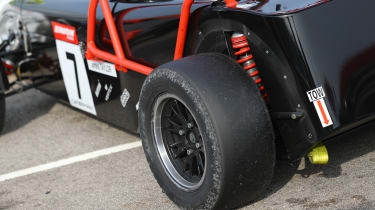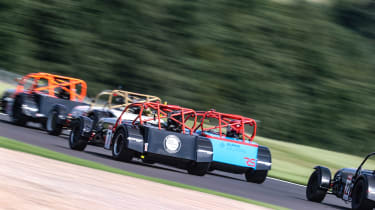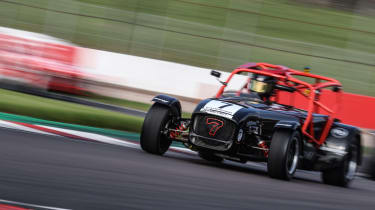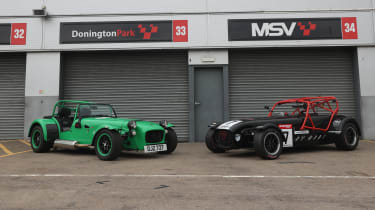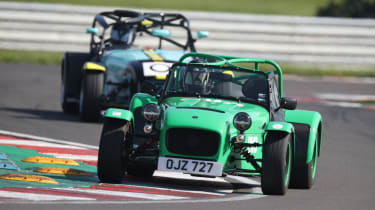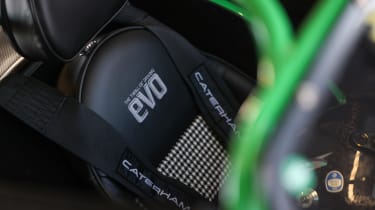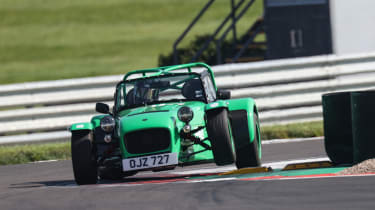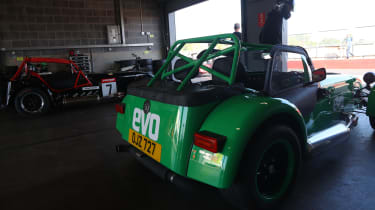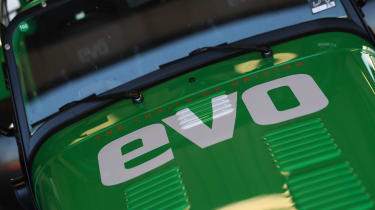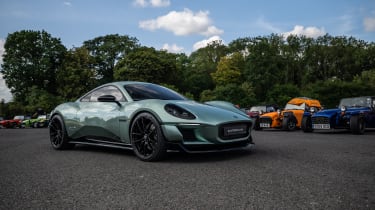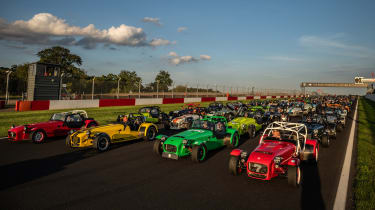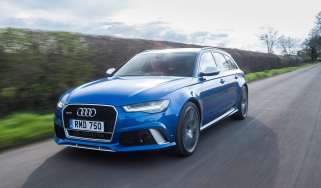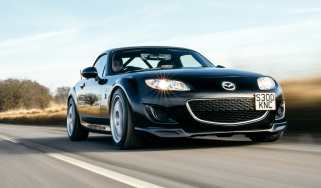Caterham racing is wild: this is what it feels like – pictures
Photography by Jon Bryant and Luke Coley
Recommended
How NASCAR is dull, confusing and utterly captivating all at once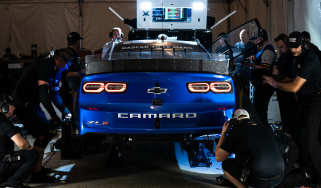

How NASCAR is dull, confusing and utterly captivating all at once
Is NASCAR just a mind-numbing procession to non-American eyes? Jethro finds out
'Does it matter if the Aston Martin Valkyrie can’t win Le Mans? Not one bit'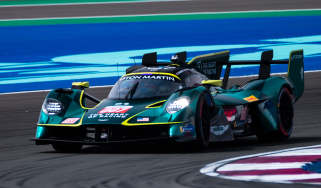

'Does it matter if the Aston Martin Valkyrie can’t win Le Mans? Not one bit'
The Aston Martin Valkyrie isn’t that competitive yet. And precisely no one outside of Aston is bothered, as long as we get to hear it try…
Exploring Toyota's greatest motorsport icons, from WRC to Formula 1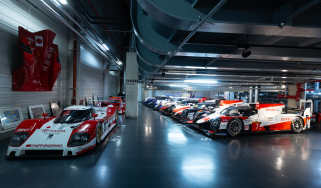

Exploring Toyota's greatest motorsport icons, from WRC to Formula 1
Where best to store some of Toyota’s most prized and valuable racing superstars? Under the wind tunnel at its Cologne HQ, of course…
Bernie Ecclestone's unseen £500m Formula 1 collection is going up for sale

Bernie Ecclestone's unseen £500m Formula 1 collection is going up for sale
Impressive car collections frequently come up for sale, but Bernie Ecclestone's takes things to a new level entirely

